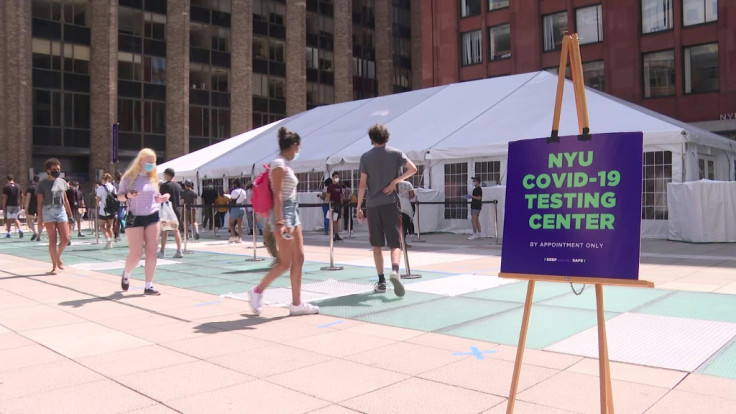Special needs children face higher risk with remote classes likely to last for another year
The NCES revealed that there are more than seven million special education students, a third of whom have particular learning disabilities.
Many parents of children with special needs expressed deep concern after more schools revealed that they would be opting for remote classes instead of the traditional in-person classes.
The National Center for Education Statistics revealed that there are more than seven million special education students, a third of whom have particular learning disabilities, who are beneficiaries of special education services. These students between three and 21 years receive special education services under the Individuals with Disabilities Education Act. However, about 40 percent of the parents already stated that they didn't get any support.
According to Fox News, state education officials took measures that would make distance learning feasible for those students with disabilities. Yet despite this, there were still many who doubted if these students with special needs could ever cope.
CBS News reported that parents have shared how their children with disabilities are "falling behind" when classes went remote. One parent, Toby Latham, who has a six-year-old child with a brain malformation, noted that kids with disabilities did not soar in such kind of learning environment. He further explained that his son would need hand-over-hand support for writing and also for other stuff that first-graders do including cutting and gluing.
Latham's case is just one of the examples as there are other services, which are deemed "nearly impossible" to provide in a virtual setting. This would include speech or physical therapy. Children suffering from attention deficit hyperactivity disorder may not be that eager to sit still and listen to a teacher during an online class.
There are other schools that go the extra mile just so they can accommodate the special needs of these children. Some apply for waivers so that they would be able to offer in-person classes to special education students. Others are considering the idea of sending therapists to the homes of students. While these may sound laudable, there are schools, which may not have the resources to do so.
John Eisenberg, head of the National Association of State Directors of Special Education, narrated to CBS News that due to funding shortages, there is a probability that schools may not be able to implement individual education plans for special ed students.
A national class-action lawsuit was already filed in July, on behalf of the millions of these students with special needs.
© Copyright IBTimes 2025. All rights reserved.






















